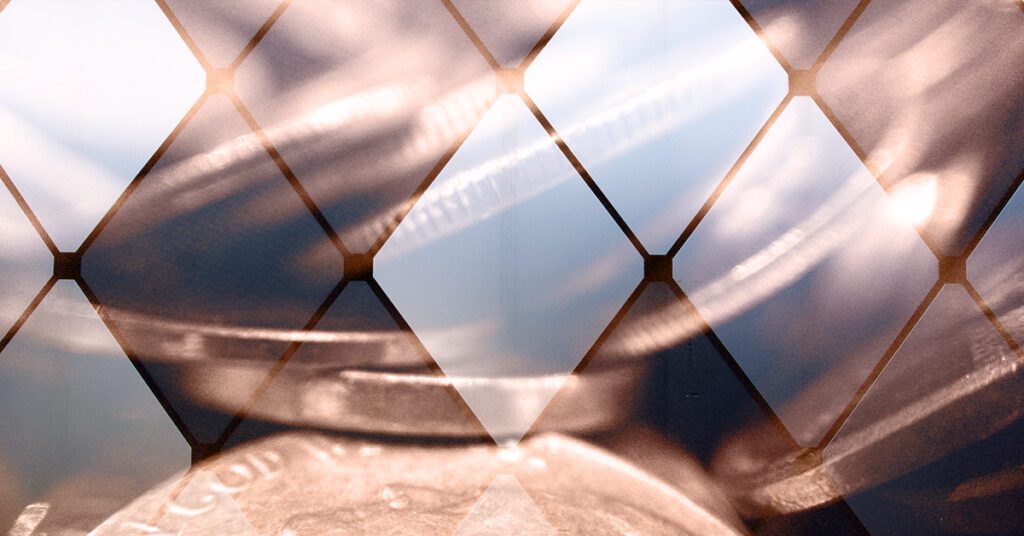On January 26th 2022, the National Congress approved the new regime that will regulate donations that benefit non-profit entities that dedicate their activities to certain beneficial purposes for civil society.
This new regime, which will enter into force on the business day following the month of its publication in the Official Gazette, systematizes the tax, procedural and control treatment of the donations described, which will no longer be eligible for other benefits or prerogatives established in other legal bodies.
The main modifications are:
Expansion of the taxpayers who can avail themselves of the tax benefits linked to donations to non-profit entities
The following taxpayers can benefit from the new regime:
– First category tax (“IDPC”) of the Income Tax Law;
– Complementary global tax (“IGC”);
– Persons subject to the single second category tax (“IUSC”);
– Companies and natural persons not resident or domiciled in Chile, subject to additional tax (“IA”).
Expansion of the entities that can enroll as donees for the application of the regime and the respective benefits
Entities that can request registration to establish themselves as donees for the purposes of applying the new regulatory regime must meet the following requirements:
– Be non-profit institutions governed by Title XXXIII of Book I of the Civil Code, Fire Brigades that are members of the National Fire Brigade System, or religious entities and organizations.
– Its statutes and its main effective activity promote the purposes for which they receive the donated amounts, which must be contemplated in the entity’s statutes.
– That they are public benefit entities, that is, they offer their services or activities to the entire population or to a group of people with general and uniform characteristics.
New catalog of charitable purposes encouraged by the Legislator
The new legal regime includes a catalog of objectives or purposes that the donating entities must pursue so that the donations are benefited, tax and procedurally.
Said catalog systematizes the objectives encouraged by the Legislator and incorporates purposes that are not recognized in current legislation, such as care for the environment, human rights and gender equality, among others.
Finally, it contains a clause that allows the incorporation of new purposes or objectives outlined by the entities that wish to avail themselves of the new legal treatment, which must be established by means of a supreme decree issued by the Ministry of Finance.
Expansion of assets that can be donated
Donations subject to the new legal treatment may consist of money, tangible and intangible assets. The latter, if they are subject to registration or registration by legal provision.
Tax and procedural benefits for Donors
The tax and procedural benefits contemplated by the new legal regime for donors and donated entities are:
– Possibility of deducting what is donated as an expense: Taxpayers who make donations that meet the tax requirements may deduct the amount of the respective donation from the tax base. Said deduction may be made by taxpayers of first category, single second category, global complementary and additional tax, but with different limits for each case:
IDPC Taxpayers: (i) the equivalent of 20,000UTM; and (ii) any of the following values: 5% of the tax base; 4.8 per thousand of Own Tax Capital or 1.6 per thousand of effective capital.
IUSC, IGC and IA taxpayers: deduction of 100% of the amount donated from the taxable base of the respective tax, with a limit of the lesser amount between 10,000 UTM and 5% of the taxable base of the corresponding tax.
The respective limits do not consider donations made under other special laws that regulate donations of a charitable nature, nor are they considered for the computation of the “Absolute General Limit” contained in Law 19,885 that regulates the proper use of donations that give source of tax benefits.
If the donations made by the respective taxpayer exceed the limits imposed by the Law, the excess will not be subject to any type of fine, so there is no penalty associated with the excess that may exist.
– Release of the insinuation process (judicial authorization): These donations will not need judicial authorization, freeing them from the insinuation process regulated in the Civil Procedure Code.
– Exemption from donation tax: Donations that meet the requirements of the new legal framework are not subject to the donation tax regulated in Law 16,271.
– VAT exemption when the donation consists of species: The application of VAT will not be triggered when the donation consists of species. Nor will be limited the use of the tax credit to which the donor is entitled.
– The importation of goods to be donated under the rule of the new regulation will be exempt from any tax, customs duty, charge or collection that may be applicable: The payment of any charge or tax is exempted in the process of entering the country of goods that have been donated in compliance with the requirements of the new legal framework.
– Donations received by donated entities enrolled from abroad are not taxed with donation tax: Thus, legal certainty is granted with respect to donations that could be made by donors without domicile or residence in Chile, insofar as they receive similar tax treatment as donations made by Chilean donors. The foregoing, provided that the donated goods are located abroad, and the donations are not financed with resources from Chile.
